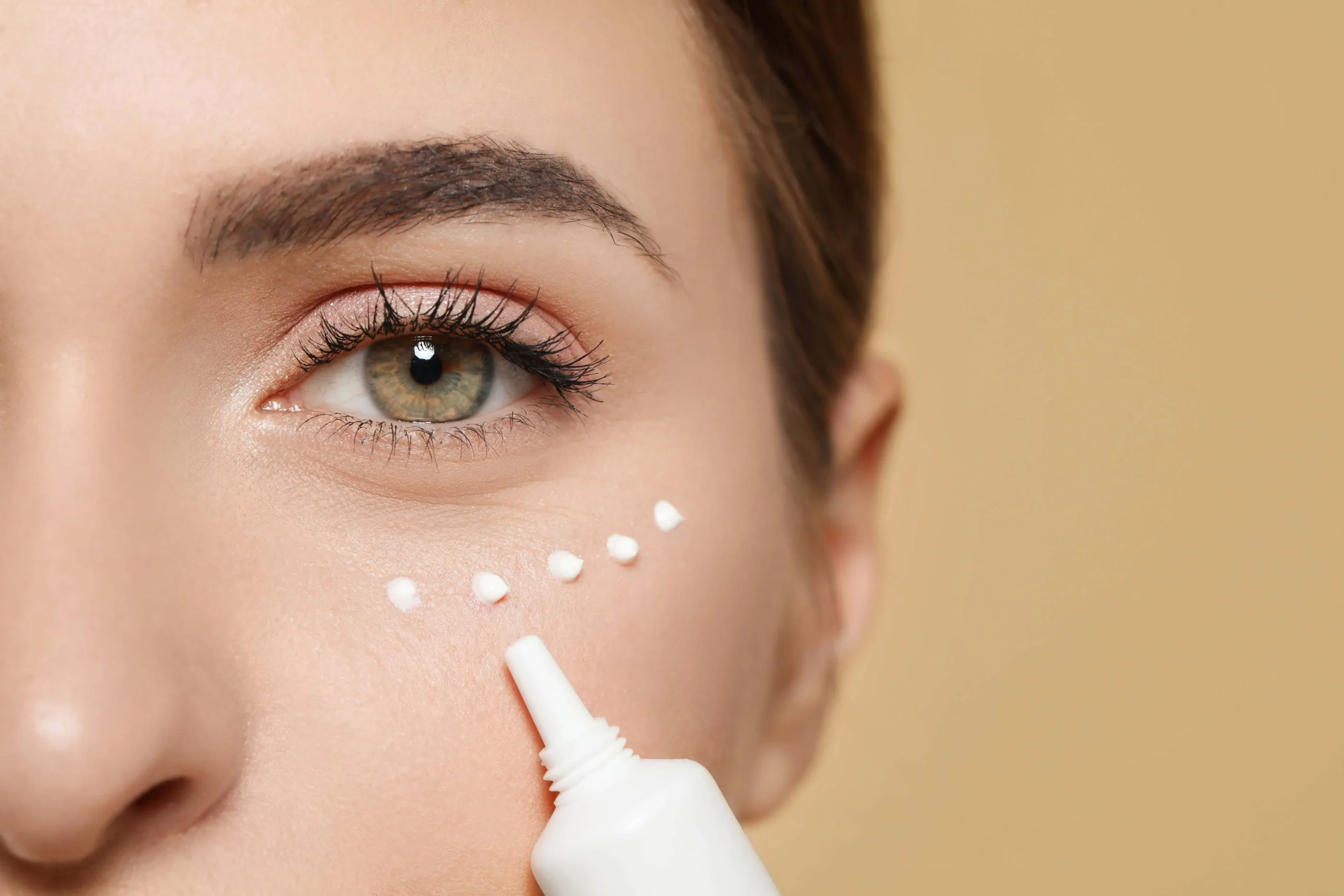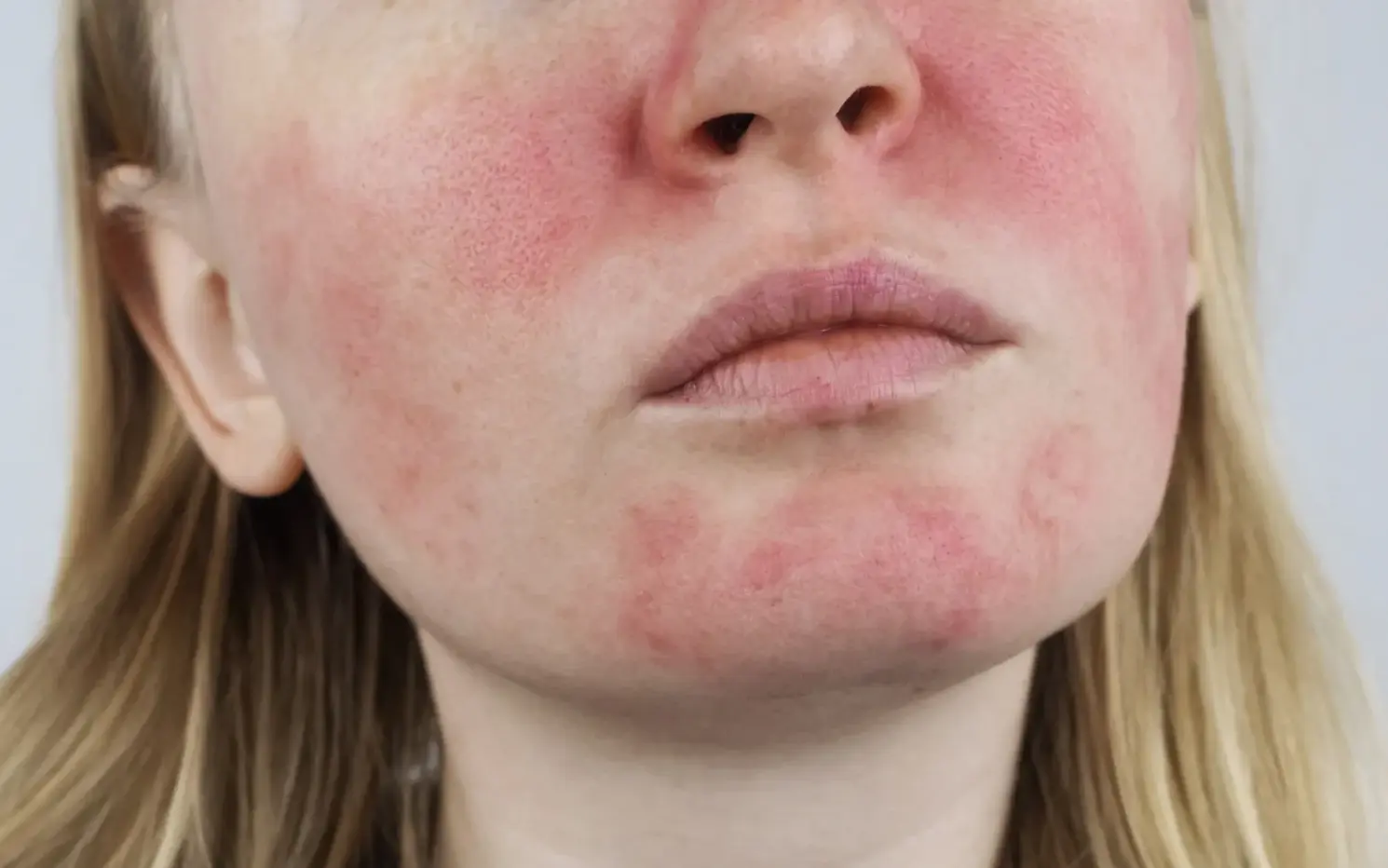Prescription-strength skin care products, including topical treatments and medications, are designed to address more severe skin conditions that over-the-counter products might not effectively manage. While these potent treatments can offer significant benefits, using them without proper dermatological supervision can pose substantial risks. This blog post explores the dangers of using prescription-strength products without guidance from a dermatologist, emphasizing why professional oversight is crucial for safe and effective skincare.
What Are Prescription-Strength Skincare Products?
Prescription-strength skincare products are those that require a doctor’s prescription due to their high potency or specialized formulation. These products include:
- Retinoids: High-potency versions of vitamin A derivatives used to treat acne, hyperpigmentation, and signs of aging.
- Topical Steroids: Medications used to reduce inflammation and treat conditions like eczema and psoriasis.
- Antibiotics: Topical antibiotics used for treating bacterial skin infections or severe
- Oral Medications: Systemic treatments for conditions like acne or rosacea that require careful monitoring.
Risks of Using Prescription-Strength Products Without Supervision
- Increased Risk of Side Effects
- Irritation and Sensitivity: Prescription-strength products, especially potent retinoids and topical steroids, can cause significant irritation, dryness, and sensitivity. Without dermatological guidance, users may not know how to properly introduce these products into their routine or how to manage side effects.
- Severe Reactions: High-potency treatments can lead to more severe reactions, such as severe peeling, redness, or burning sensations, which can be uncomfortable and damaging if not managed correctly.
- Incorrect Usage and Dosage
- Overuse: Using prescription products more frequently than recommended can increase the risk of adverse effects and diminish the product’s For instance, excessive application of retinoids can lead to severe dryness and irritation.
- Improper Application: Incorrect application methods, such as applying too much product or using it on sensitive areas, can cause complications. Dermatologists provide specific instructions tailored to individual needs, ensuring the correct application and dosage.
- Potential for Drug Interactions
- Interactions with Other Products: Prescription-strength products can interact with other skincare ingredients or medications, leading to reduced effectiveness or increased risk of side effects. For example, combining retinoids with certain acids or exfoliants can exacerbate irritation.
- Systemic Effects: Oral medications and certain topical treatments may have systemic effects or interact with other medications, necessitating professional oversight to avoid potential drug interactions and complications.
- Lack of Personalized Treatment
- Tailored Recommendations: Dermatologists tailor treatment plans based on individual skin types, conditions, and Without professional guidance, users may choose inappropriate products or formulations that do not address their specific issues.
- Monitoring and Adjustments: Regular follow-ups with a dermatologist allow for adjustments to treatment plans based on progress and any side effects experienced. Without this supervision, users may not receive the necessary modifications to optimize results.
- Potential for Misdiagnosis
- Self-Diagnosis Risks: Using prescription-strength products without a proper diagnosis can lead to the use of inappropriate For example, treating a skin condition with a product meant for a different issue can worsen the condition or create new problems.
- Complicated Conditions: Skin conditions can be complex and Dermatologists have the expertise to diagnose and treat these conditions accurately, ensuring that the right product is used for the right issue.
- Financial and Emotional Implications
- Wasted Resources: Misuse of prescription products can lead to ineffective treatment and wasted financial resources. Unsupervised use may result in spending money on products that do not address the underlying issue or exacerbate it.
- Emotional Impact: Experiencing adverse effects or lack of improvement can lead to frustration and emotional distress. Professional guidance helps manage expectations and ensures that users receive appropriate support throughout their treatment journey.
Best Practices for Using Prescription-Strength Products
- Consult a Dermatologist
- Professional Evaluation: Always seek a dermatologist’s evaluation before starting any prescription-strength They can evaluate your skin condition, offer an accurate diagnosis, and suggest appropriate treatments.
- Follow-Up Appointments: Schedule regular follow-up appointments to monitor progress, address any concerns, and adjust the treatment plan as needed.
- Follow Instructions Carefully
- Adhere to Guidelines: Follow the dermatologist’s instructions regarding product usage, application frequency, and Avoid deviating from these guidelines to minimize the risk of adverse effects.
- Ask Questions: If you have any questions or concerns about using the product, do not hesitate to ask your dermatologist for clarification.
- Be Aware of Interactions
- Inform Your Dermatologist: Provide your dermatologist with a complete list of all other skincare products and medications you are This information helps avoid potential interactions and ensures that your treatment plan is safe and effective.
- Monitor Your Skin
- Track Changes: Pay attention to any changes in your skin and report them to your Keeping a journal of your skin’s response to treatment can help your dermatologist make informed adjustments.
- Avoid Self-Medication
- No DIY Treatments: Avoid self-diagnosing or self-medicating with prescription-strength products. Always seek professional advice before starting or changing any treatment regimen.
Conclusion
Using prescription-strength skincare products without dermatological supervision poses significant risks, including increased side effects, incorrect usage, potential drug interactions, and misdiagnosis. Dermatologists provide essential guidance to ensure that these potent treatments are used safely and effectively, tailored to individual needs, and monitored for progress and complications. To achieve the best outcomes and protect your skin health, always consult with a dermatologist before starting any prescription-strength product and follow their recommendations diligently.





